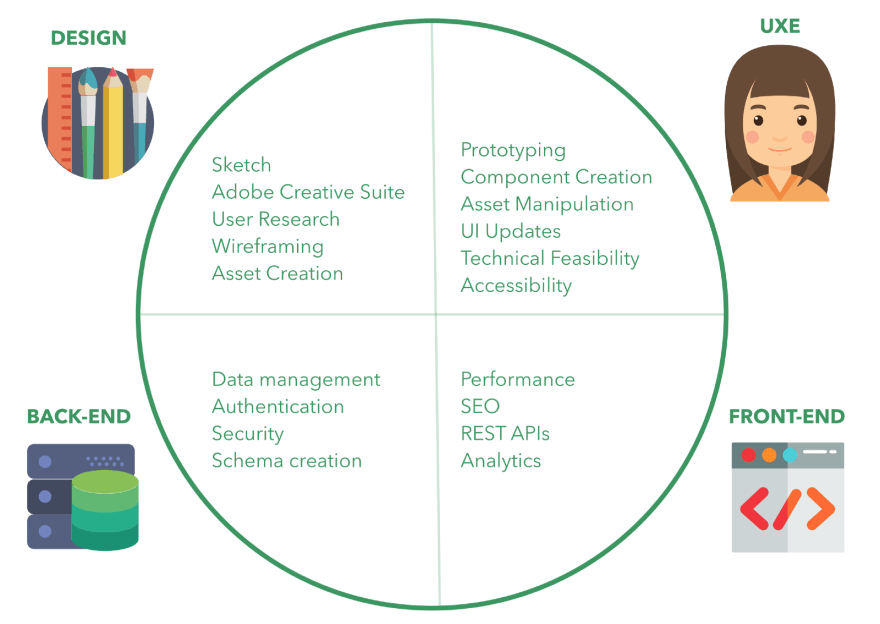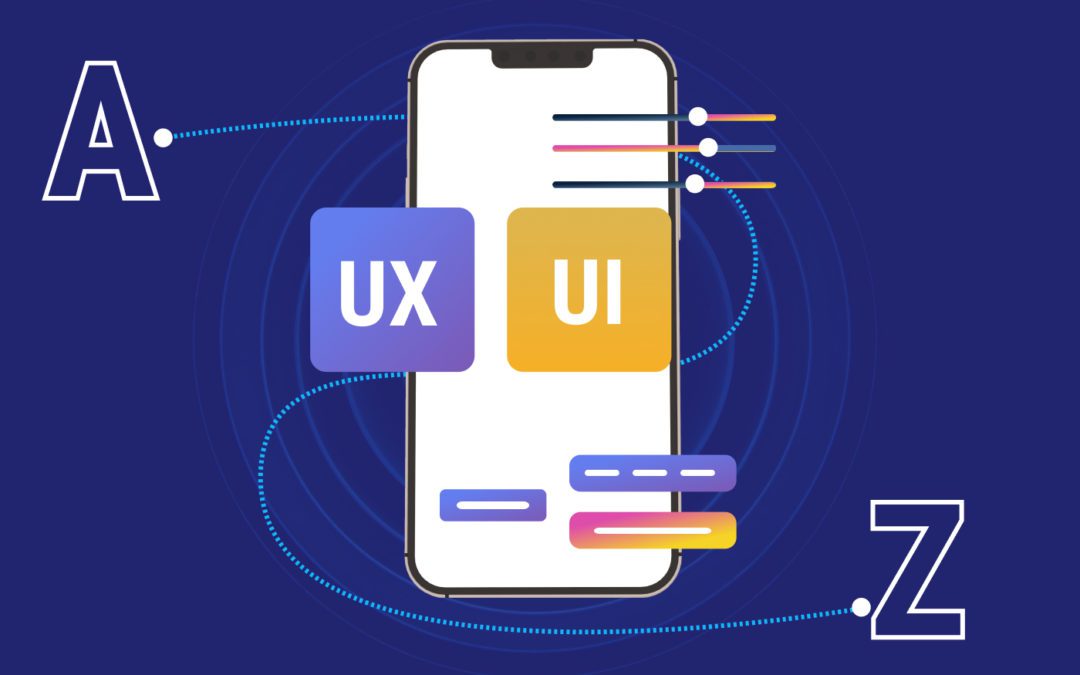
There are many options for designing your website. If you're new to website design, you may be wondering which one should be your main page. These pages are critical to the success of your website. You can find some great tips here on creating a main and index page. When you start, you'll be glad that you did! No matter what name you give it, keep your customers in the forefront.
Homepage
The home page is the first page visitors see when they visit the URL. It is managed through the web manager. The home page provides information that orients visitors to the site's owner as well as the purpose of the site. A home page designed well will show internal navigation buttons, information about the company and its owner. Users can find out about the company's services and products from this page. If the home page is not appealing, users will quickly leave and look for another site.

Index page
The homepage is the website's main page. It is sometimes also called the start page of the web browser. This is the page that opens the application for the first time. No matter the situation, the home page plays an important role in the website experience. Find out how to create a home that draws people's attention. We'll be discussing the various types of home pages in this article.
Index page of website
Index pages on a website are where users can quickly find the content they desire without needing to enter the URL. The homepage is the main website page. Whether you call it the home page, index page, or homepage, this is the first thing readers see when they access your site. An index page has many uses. Many websites use it to attract visitors. Others use it to provide information.
Homepage of a website
A website's homepage must contain the organization's core message. The content should motivate the visitor to contact the organization or visit the products or services section. Sometimes, it is not necessary to explain the purpose of the organization, especially if the website provides routine products or services. However, it is important that the content on the homepage be engaging and easy to understand so that visitors spend more time on the page.

First page of any website
The homepage refers to the page that is the home page. A web page can be defined as a group of web pages that provide specific information. All of this is based on a Uniform Resource Locator (URL). The code describes the layout and contents of the page. HTML is the most popular coding language. It is essential to include your logo on the homepage. Navigation should be easy and straightforward.
FAQ
WordPress is a CMS?
Yes. It is called a Content Management System. A CMS allows you to manage your website content from within a web browser instead of using an application such as Dreamweaver or Frontpage.
WordPress is free! You don't have to pay for anything other than hosting, which your ISP usually provides.
WordPress was originally created to be a blogging platform. But WordPress now offers many more options, such as eCommerce sites or forums, membership websites and portfolios.
WordPress is easy to install and set up. To install WordPress, you will need to download the installer file from their website. Once it is downloaded, upload it to your server. You can then visit your domain name using your web browser to log in to your new website.
After installing WordPress, it's necessary to register for a username. Once you have logged in, a dashboard will appear where you can view all of your settings.
You can now add pages, posts and images to your site. This step can be skipped if editing and creating content is easy for you.
However, if you prefer to work with someone else, you can hire a professional web designer to handle the whole process.
Do I use WordPress?
It is best to start small in order to establish a web presence. If you have enough time and resources, build a site. Start with a basic blog, even if your budget is limited. As you learn to develop and design websites, you can always add new features.
However, before you create your first website you need to set up a primary URL. This will provide a point to which you can publish content.
What Types of Websites Should I Create?
This question is dependent on your goals. If you are looking to build a business from your website, it may be beneficial to focus on selling online products. You'll need to build a robust eCommerce site to do this successfully.
Blogs, portfolios, forums, and other types of websites are also popular. Each type of website requires different skills. You will need to be familiar with blogging platforms like Blogger or WordPress if you wish to create a blog.
You will need to decide how to customize your website's look when you select a platform. There are many themes and templates that you can use for free.
After you have chosen a platform, it is time to add content. You can add images, videos, text, links, and other media to your pages.
It is now possible to publish your new website online. Once your website is published, visitors will be able to access it in their web browsers.
How much do web developers make?
Working on a website yourself will likely earn you between $60 and $80 an hour. However, if you wish to charge more, you can become an independent contractor. An hourly rate of $150-200 could be possible.
Can I use HTML & CCS to build my website?
Yes, you can! It is possible with basic knowledge of web design, programming languages like HTML (Hyper Text Markup Language), CSS (Cascading style Sheets), and HTML (Hyper Text Markup Language). These two languages make it possible to create websites accessible by all who have an internet connection.
How Much Does it Cost to Create an Ecommerce Website?
This will depend on whether you are using a platform or a freelancer. eCommerce sites typically start at around $1,000.
Once you choose a platform to use, you can expect a payment of anywhere from $500 to $10,000.
If you're planning on using a template, you probably won't pay more than $5,000. This includes any customization you need to make to fit your brand.
Statistics
- Did you know videos can boost organic search traffic to your website by 157%? (wix.com)
- It's estimated that chatbots could reduce this by 30%. Gone are the days when chatbots were mere gimmicks – now, they're becoming ever more essential to customer-facing services. (websitebuilderexpert.com)
- Studies show that 77% of satisfied customers will recommend your business or service to a friend after having a positive experience. (wix.com)
- When choosing your website color scheme, a general rule is to limit yourself to three shades: one primary color (60% of the mix), one secondary color (30%), and one accent color (10%). (wix.com)
- At this point, it's important to note that just because a web trend is current, it doesn't mean it's necessarily right for you.48% of people cite design as the most important factor of a website, (websitebuilderexpert.com)
External Links
How To
What is website hosting?
Website hosting is the location where people go when they visit websites. There are 2 types.
-
The cheapest option is shared hosting. Your website files are stored on a server that is owned by another person. Customers who visit your website send their requests via the Internet over to that server. The server owner then forwards the request to you.
-
Dedicated hosting – This is the most expensive option. Your website is only accessible from one server. Your traffic stays private as no other websites can share the same server.
Shared hosting is cheaper than dedicated hosting for most businesses. You can use shared hosting if the company owns the server to provide the resources required for your website.
Each option has its pros and cons. These are the key differences between them.
Sharing Hosting Pros
-
Lower Cost
-
Easy to Setup
-
Frequent Updates
-
It is available on many Web Hosting Companies
Hosting shared with others can cost as low as $10/month. But keep in mind that this price usually includes bandwidth. Bandwidth refers the data that you can transfer over the Internet. You may have to pay extra for large amounts of data, even if your blog only contains photos.
Once you start, you'll quickly realize why you were paying so much for your previous host. The majority of shared hosts offer limited customer support. You'll be on your way after they walk you through setting it up.
It is important to find a provider that provides 24-hour support. They will take care of any issues while you sleep.
Dedicated Hosting Cons:
-
More Expensive
-
Less common
-
Requires specific skills
You're getting everything you need with dedicated hosting to operate your website. You won't have to worry about whether you're using enough bandwidth or whether you've got enough RAM (random access memory).
This means that you will have to pay a little more upfront. But once your online business starts, you'll realize you don't need any technical assistance. You'll become an expert at managing your servers.
Which Is Better For My Business:
It all depends on the type of website you are creating. Shared hosting might be best if you just want to sell products. It's very easy to setup and maintain. It's easy to set up and maintain, as you share a server with other sites. You will likely be updated frequently.
However, dedicated hosting can be a great option if you're looking to build a community around the brand. You can put your efforts into building your brand, and not worry about how to handle your traffic.
Bluehost.com is the best web host for both. They offer unlimited data transfers per month, 24/7 support and free domain registration.